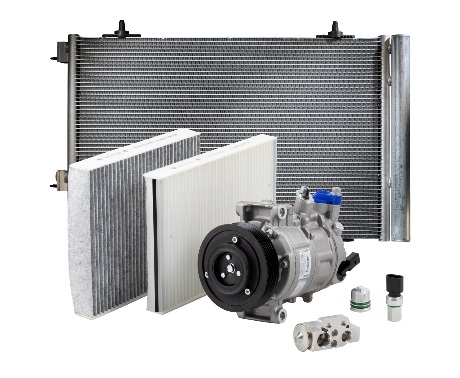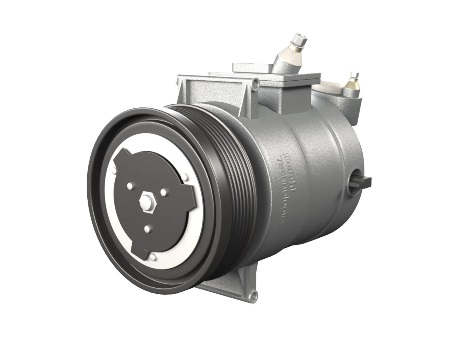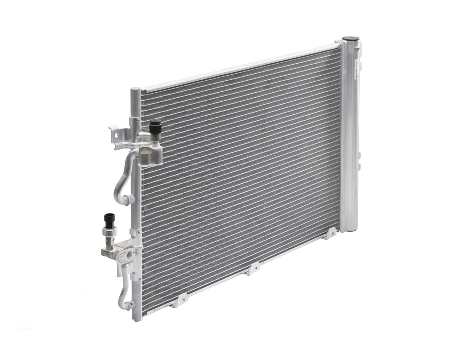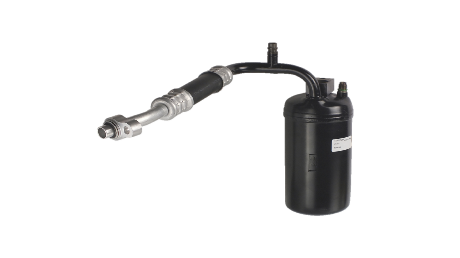Cabin Air Filters

High-performance media
All our cabin air filters use a high-performance, non-woven fabric to eliminate dust, pollen, bacteria and exhaust particles, amongst others. The specially designed filter fabric contains up to five individual layers, removing near 100 percent of harmful pollutants.
Enhanced protection
Over time moisture can build up in the filter and become a feeding ground for bacteria and mould. This can then spread into the lines of the HVAC system, where it emits unpleasant odours. For the ultimate protection from this and other pollutants, we also offer a range of carbon activated filters. Our carbon activated filters feature the same high quality, non-woven fabric as our particle filters, with the addition of a layer of activated carbon. Sandwiched between two layers of fleece, this highly effective technology removes more pollutants than standard filters, and expels nasty gases and smells too.
The Delphi Difference
-
100 years of OE experience, supplier to the world’s top automakers
-
OE heritage and knowledge built into every aftermarket part
-
Comprehensive portfolio for a wide range of vehicles and model years
-
Streamlined SKUs for easy inventory management
-
Support through tools, tips and training

Related product resources and downloads

What’s the difference between AC compressors for combustion and EV vehicles?
Resource Highlights
The AC compressor is the heart of any vehicle’s AC system. It compresses a refrigerant gas, raising its temperature before dumping the heat and letting the gas expand, where it cools. This cooled refrigerant is then pumped into the passenger compartment car.
It’s an essential piece of kit for a comfortable drive, but the way it works in EV vehicles is different to those in standard combustion engines. These differences are important when it comes to vehicle maintenance.
In this video, our Delphi expert will explain everything you need to know – and what to watch out for – when servicing an AC compressor, including:
- How AC compressors in combustion and EV vehicles differ
- The benefits of a voltage-driven AC compressor
- Servicing tips and guidance
How does an AC compressor in a combustion vehicle work?
An AC compressor for an ICE vehicle (internal combustion engine) is belt driven. The belt goes round the crank shaft, spins the compressor and that’s what compresses the gas in the AC system.
How does an AC compressor in an EV vehicle work differently?
The biggest point of difference is that AC compressors for EV vehicles are not belt driven. Instead, they are driven electrically by the high voltage system. Some have an AC input, but the majority are DC powered.
Why do EV vehicles have different AC compression?
By being powered by high voltage (rather than being driven by a belt), means that the AC unit can continue pumping out cool air in all driving modes. An additional benefit is that it also has the ability to heat the interior of the vehicle, as well as cool it, via a heat pump. This works by taking the heat created during the compression of the refrigerant and diverting into an area that requires it.
What do I need to know when servicing vehicles with a voltage-driven AC compressor?
The biggest watch-out is to make sure that you use the correct oil. Combustion engines are most likely to use standard PAG oil, but EV vehicles require a special oil that has low conductivity. If you don’t use it, you’ll most likely cause a short within the phases which will lead to a high voltage error on the vehicle.

Visit our Technician Library for access to Documents and Downloads
Get in touch
The full Delphi Air Conditioning product range
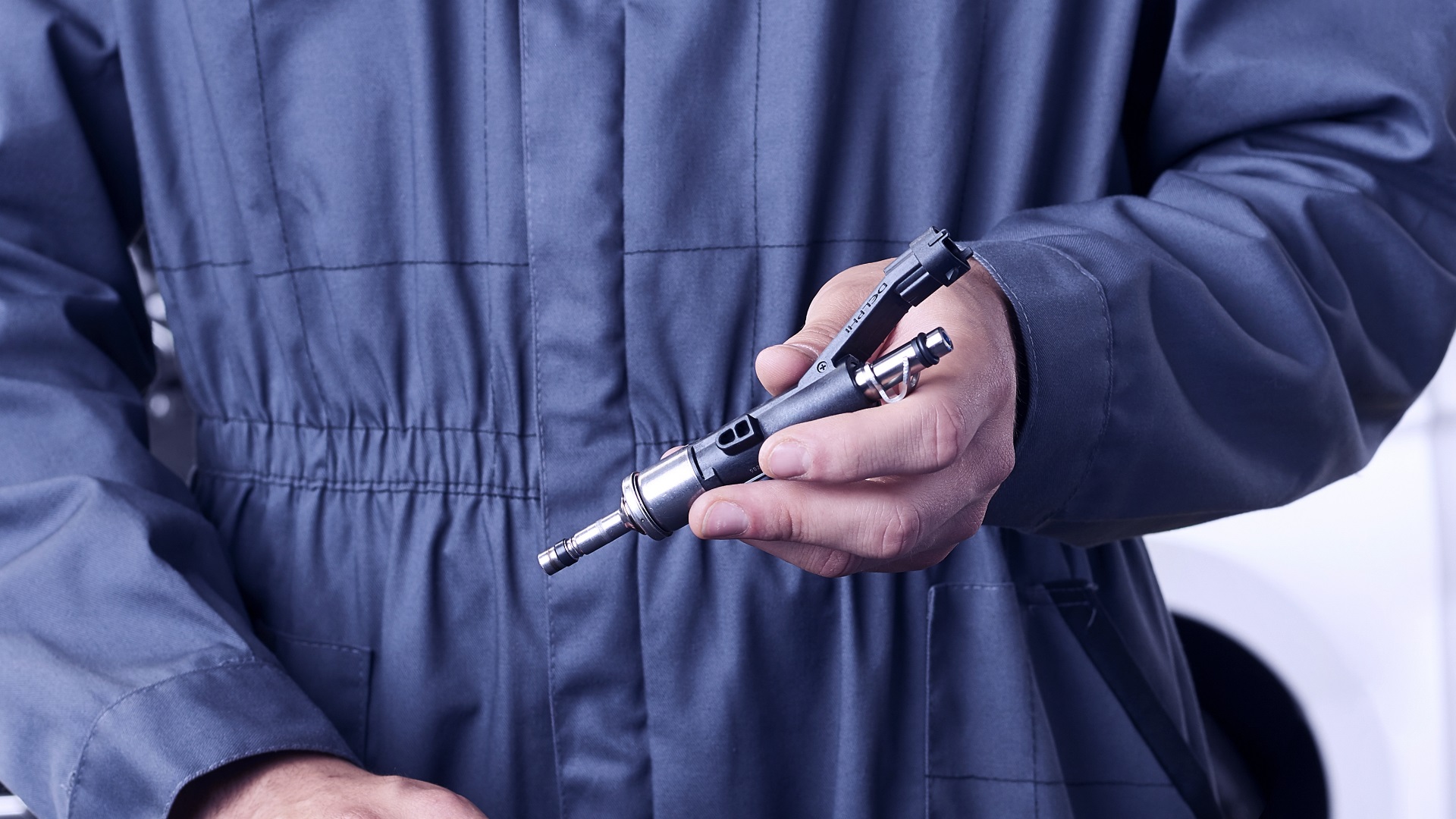
Find out where to buy Delphi parts

.tmb-460w.jpg?Culture=en-GB&sfvrsn=c70917c0_6)
